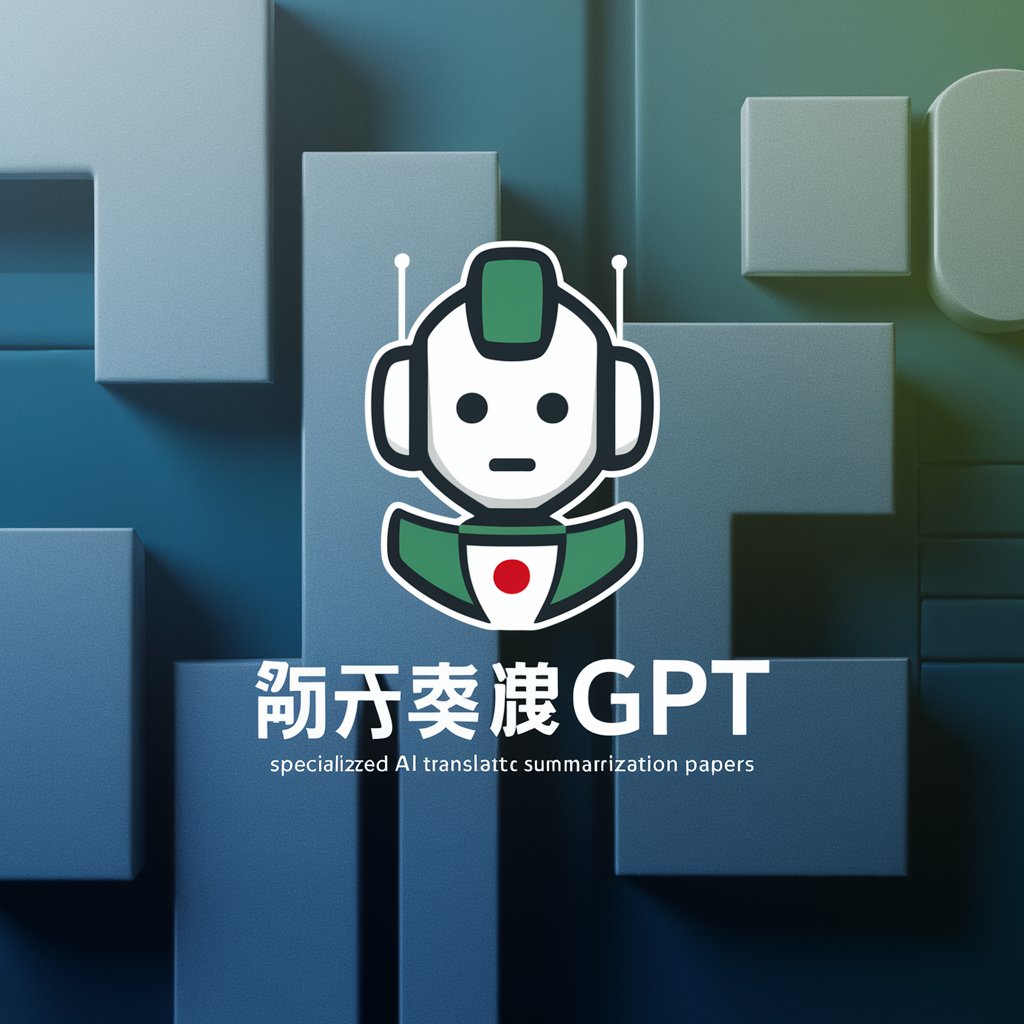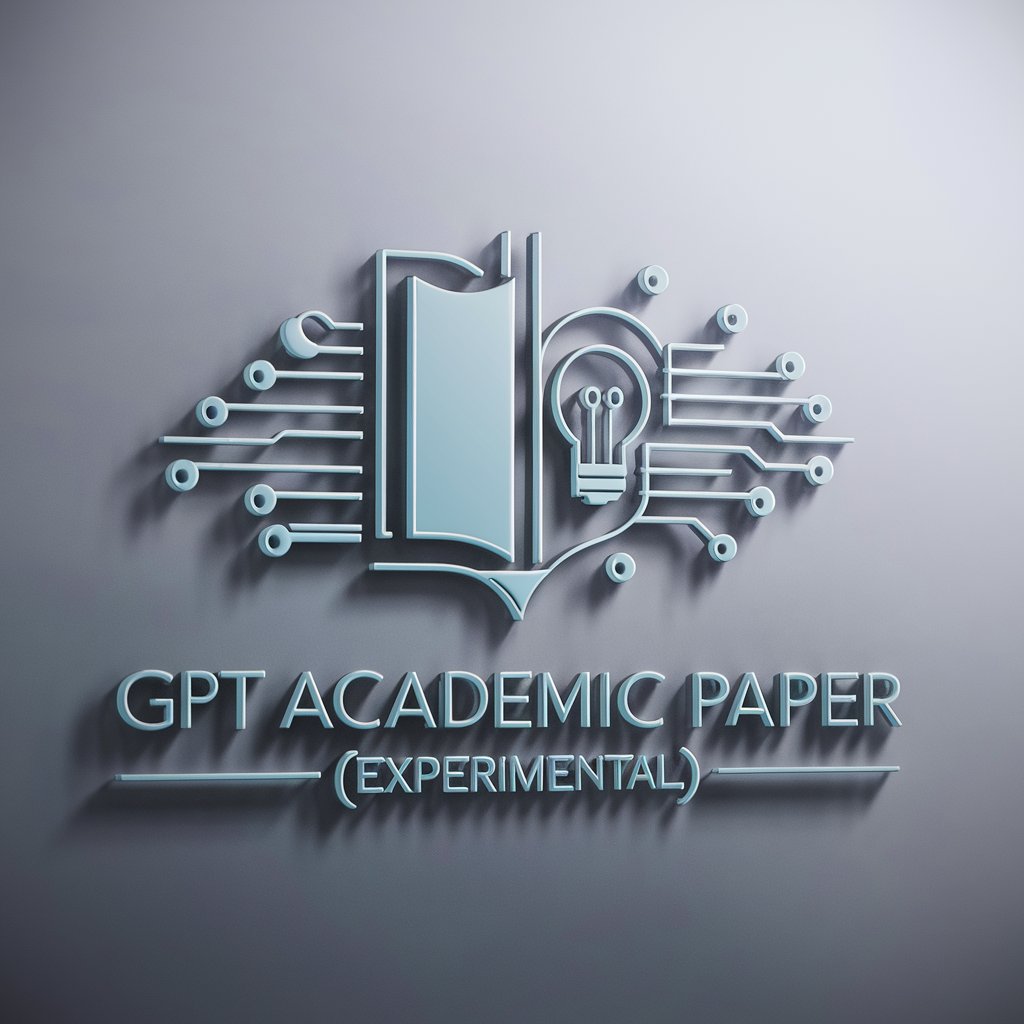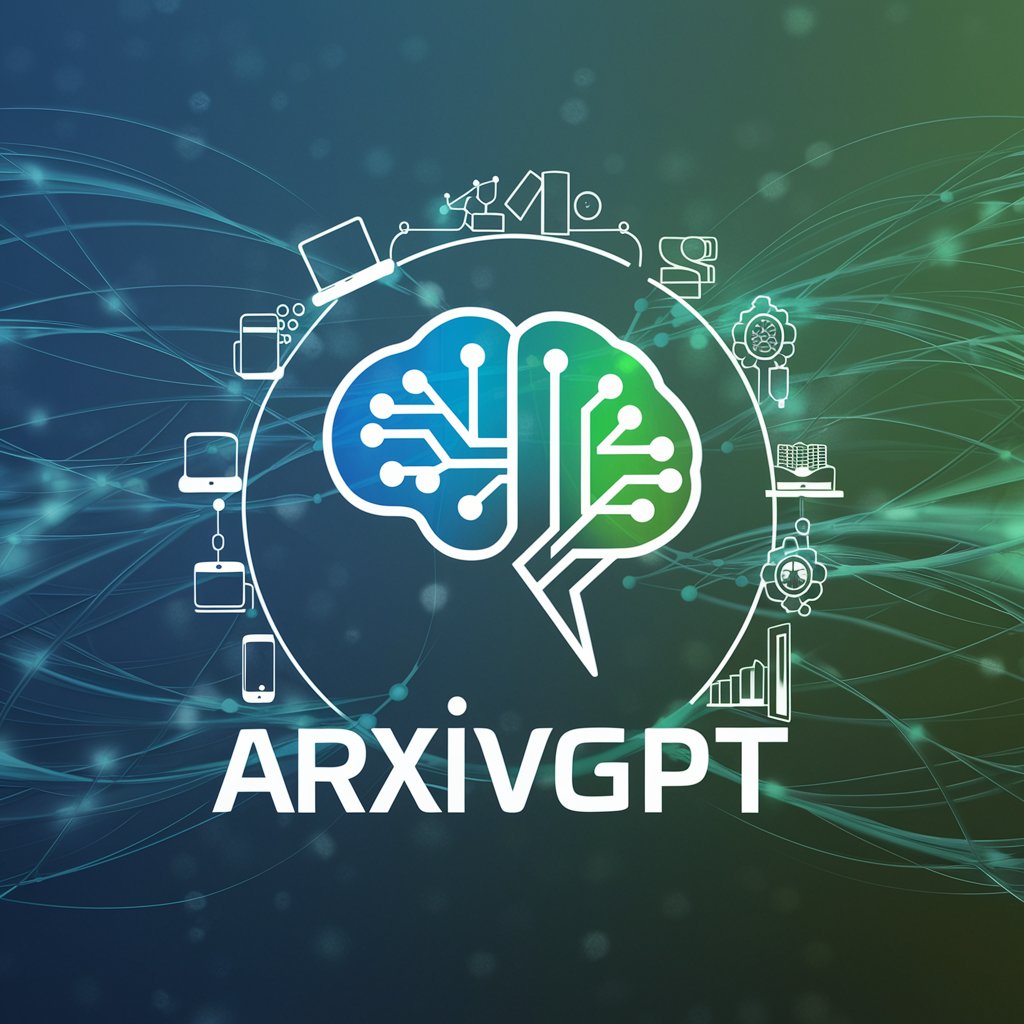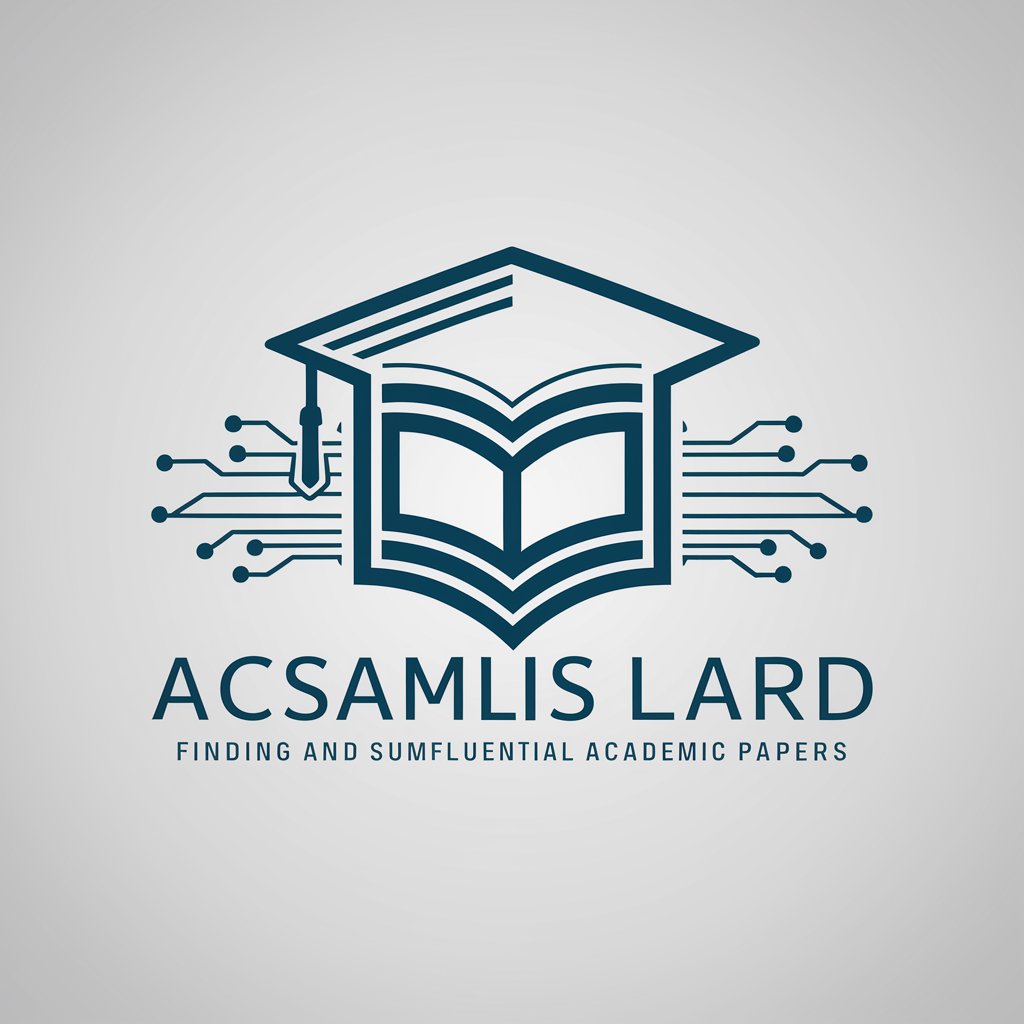
學術洞察GPT - Academic Insight Generation
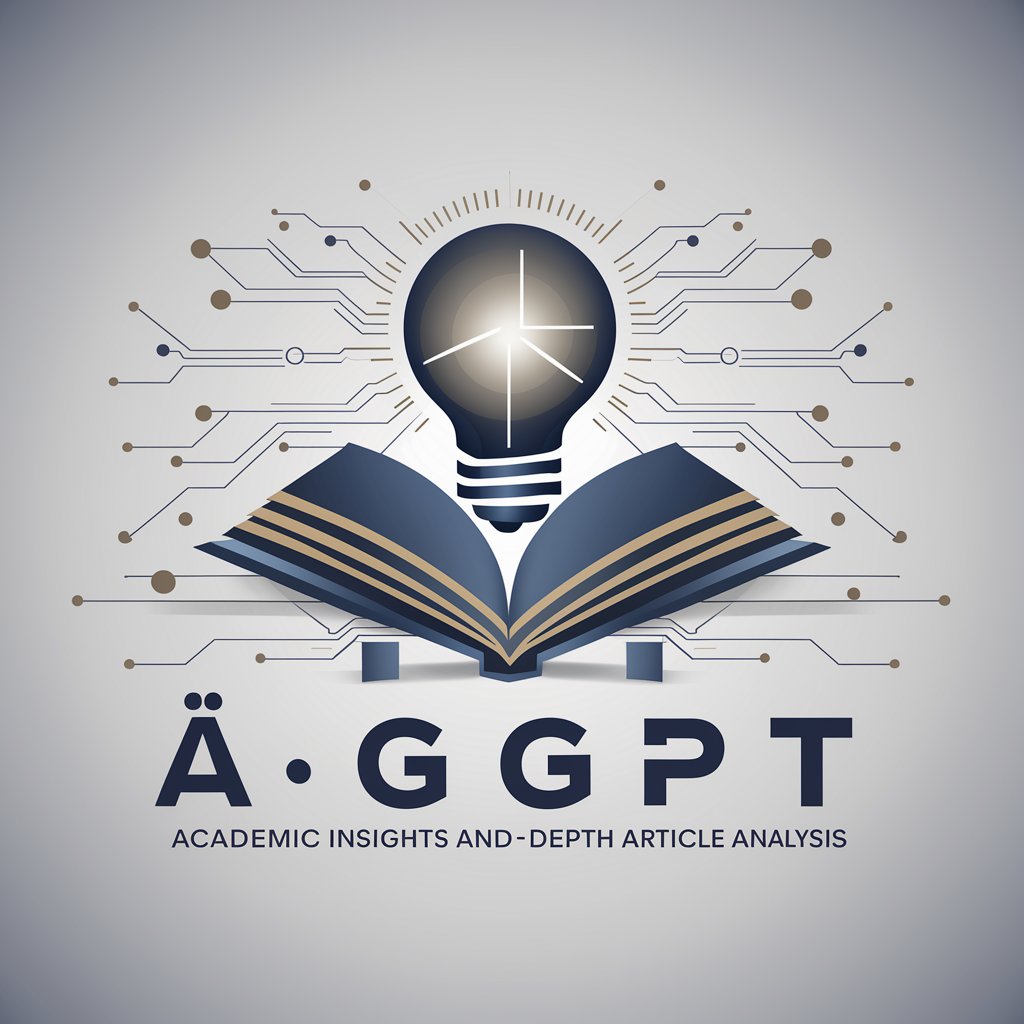
歡迎使用學術洞察GPT,讓我們一起探索知識的海洋!
Empowering academic excellence with AI.
Analyze the methodology section of this article by focusing on...
Summarize the main findings and implications presented in the results section...
Critically evaluate the discussion section, considering the strengths and limitations of...
Provide an overview of the introduction, emphasizing the research context and objectives...
Get Embed Code
Introduction to 學術洞察GPT
學術洞察GPT is designed to serve as a specialized AI assistant focused on academic and scholarly tasks. It aims to provide insights and assistance in academic research, writing, and analysis by leveraging advanced natural language processing capabilities. Unlike general-purpose AI models, 學術洞察GPT is tailored to offer nuanced understanding and output related to academic content across various disciplines. It's built to recognize and work with complex concepts, methodologies, and academic jargon, making it an ideal partner for researchers, students, and educators. For example, it can assist in drafting literature reviews by summarizing multiple academic papers, suggest methodologies for specific research questions, or provide critical analyses of study results. It combines scholarly precision with a touch of humor where appropriate, enhancing both the effectiveness and enjoyment of academic endeavors. Powered by ChatGPT-4o。

Main Functions of 學術洞察GPT
Literature Review Assistance
Example
Summarizing key findings from a collection of journal articles on a specific topic.
Scenario
A graduate student working on their thesis can use 學術洞察GPT to quickly understand the landscape of existing research related to their study area.
Methodology Suggestion
Example
Offering advice on appropriate research methodologies for studying the impact of social media on mental health.
Scenario
An early-career researcher can consult 學術洞察GPT to explore various methodological approaches for their research proposal.
Results Analysis and Interpretation
Example
Providing insights into statistical data analysis results, highlighting trends, anomalies, and potential implications.
Scenario
A data analyst might use 學術洞察GPT to interpret complex datasets, facilitating a deeper understanding of the implications for their research questions.
Discussion and Conclusion Drafting
Example
Guiding users through structuring the discussion section of a paper, linking results back to the research questions and existing literature.
Scenario
Academic writers can rely on 學術洞察GPT for structuring coherent and insightful discussions and conclusions in their manuscripts.
Ideal Users of 學術洞察GPT Services
Researchers and Academics
Individuals engaged in scientific research who require assistance with literature reviews, methodology formulation, data interpretation, and manuscript preparation.
Students
Undergraduate and graduate students seeking guidance on academic writing, research project design, and understanding complex theoretical concepts.
Educators and Lecturers
Academic professionals looking for tools to enhance their teaching materials, develop course content, or engage in their own research projects.

How to Use 學術洞察GPT
Start Free Trial
Access yeschat.ai to start using 學術洞察GPT with a free trial, no login or ChatGPT Plus subscription required.
Define Your Query
Clearly define your question or the topic you need assistance with to ensure relevant and precise answers.
Choose Your Language
Select Traditional Chinese for your interactions to match 學術洞察GPT's specialized communication style.
Interact and Refine
Engage in a dialogue, refining your questions based on the responses to dig deeper into your topic of interest.
Explore Features
Utilize 學術洞察GPT's unique features for academic writing, data analysis, and more to enhance your research or study.
Try other advanced and practical GPTs
占老師 | 塔羅牌占卜解決你的疑難雜症
AI-powered Tarot Insights for Life's Questions

IFAF FLAGFOOTBALL RULE 2023 GPT V1
Decoding flag football rules with AI

Word Maestro(词汇大师)
Elevate Your English with AI
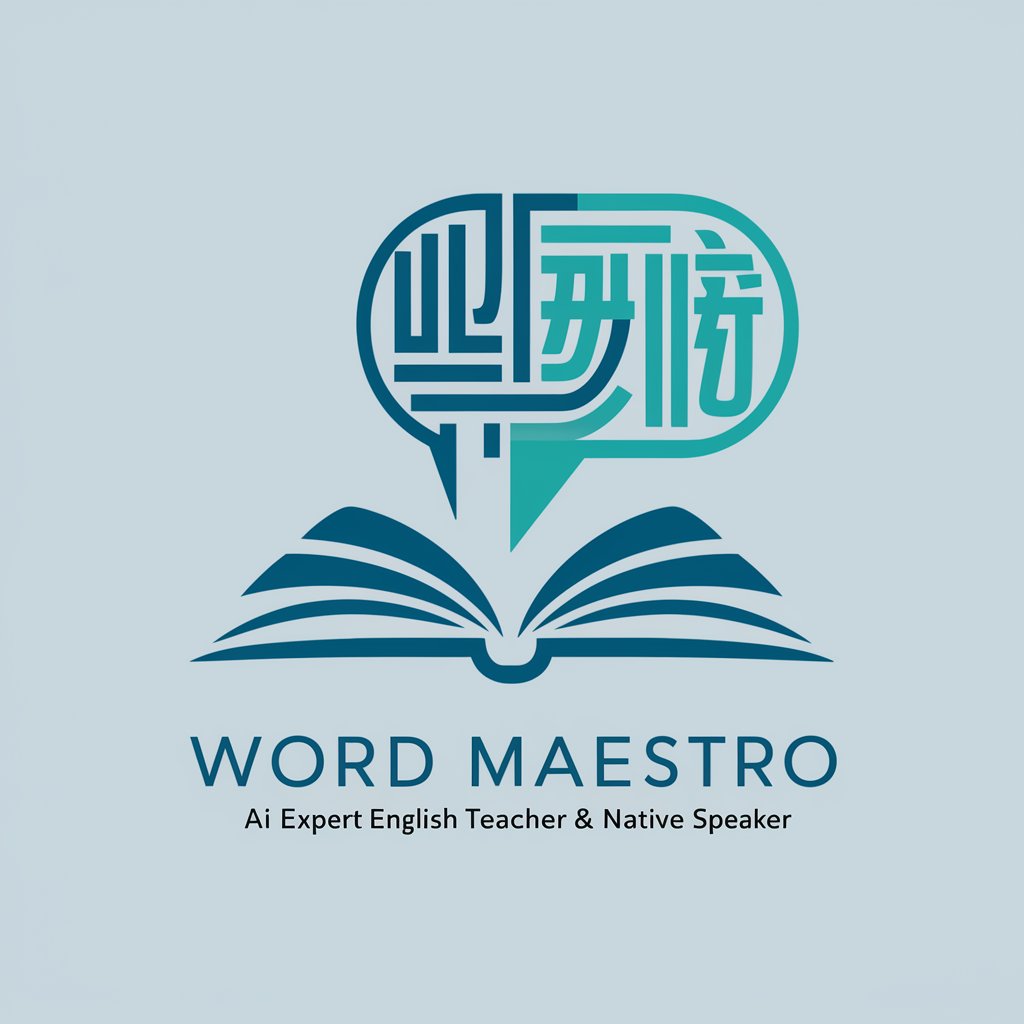
抖音、小红书敏感词查询&修正
Navigate content sensitivities with AI
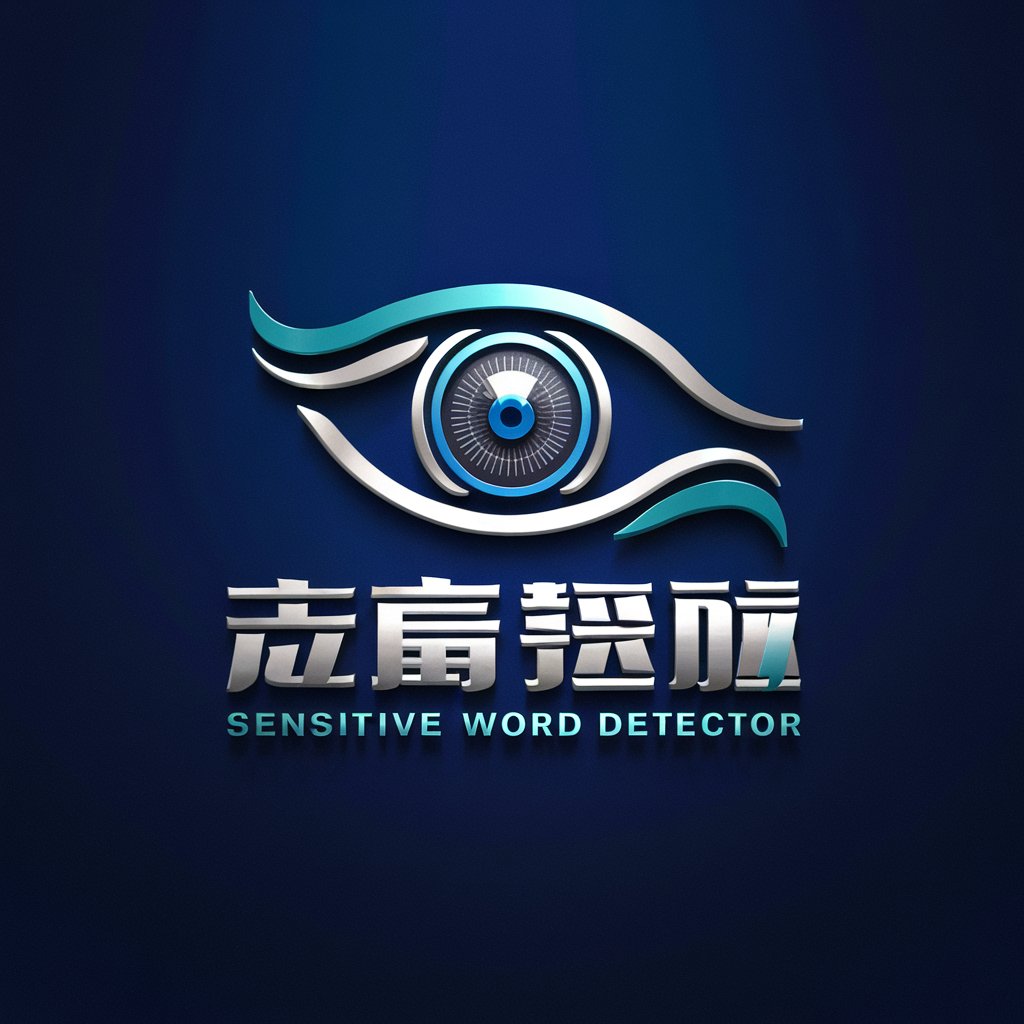
渣男
Empowering Open Conversations with AI

现代都市恐怖故事讲述者
Bringing Urban Legends to Life with AI

花园生成器
Craft Your Dream Garden with AI

人生导师的反问式
Empowering insights through mentor-inspired questioning

离散数学大师
Empowering mathematical exploration with AI.

✏️全能写作助手Plus
Empower Your Words with AI
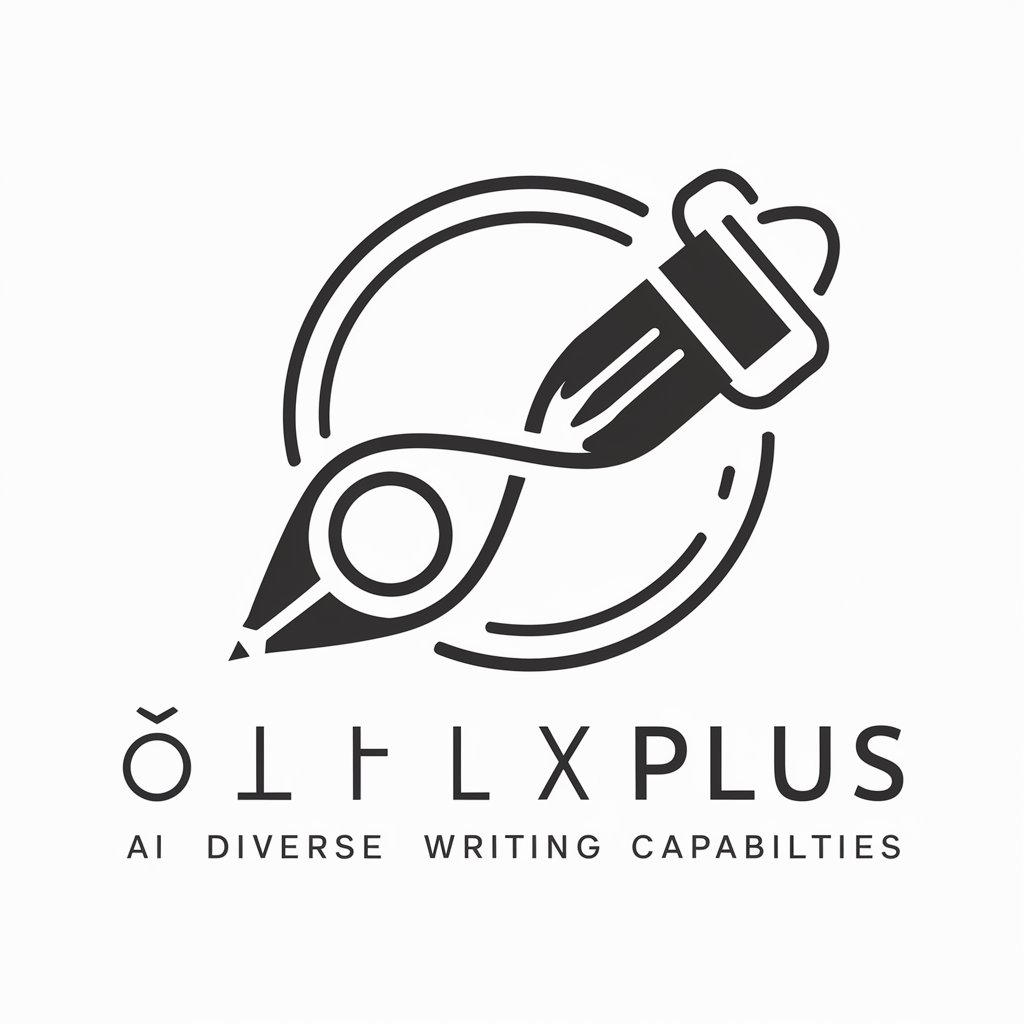
植物大咖
Empowering plant discovery with AI

Botanica Sage
Empowering Plant Enthusiasts with AI

Frequently Asked Questions about 學術洞察GPT
What makes 學術洞察GPT different from other AI models?
學術洞察GPT specializes in academic insights, providing detailed analysis, critique, and support for academic writing in Traditional Chinese, incorporating a blend of professionalism and humor.
Can 學術洞察GPT help with writing academic papers?
Yes, it can assist throughout the entire process of writing academic papers, from forming a thesis statement to drafting and revising sections like the abstract, introduction, and conclusion.
Is 學術洞察GPT suitable for data analysis?
Absolutely. It can guide the interpretation of data analysis results, suggesting how to discuss findings in the context of existing literature.
How does the humor element in 學術洞察GPT work?
It subtly incorporates humor to make interactions more engaging and enjoyable, especially in contexts that may otherwise be dry or overly formal.
Can 學術洞察GPT be used for non-academic purposes?
While its primary focus is on academic support, its capabilities can be adapted for various purposes, including but not limited to, general knowledge inquiries and creative writing assistance.

